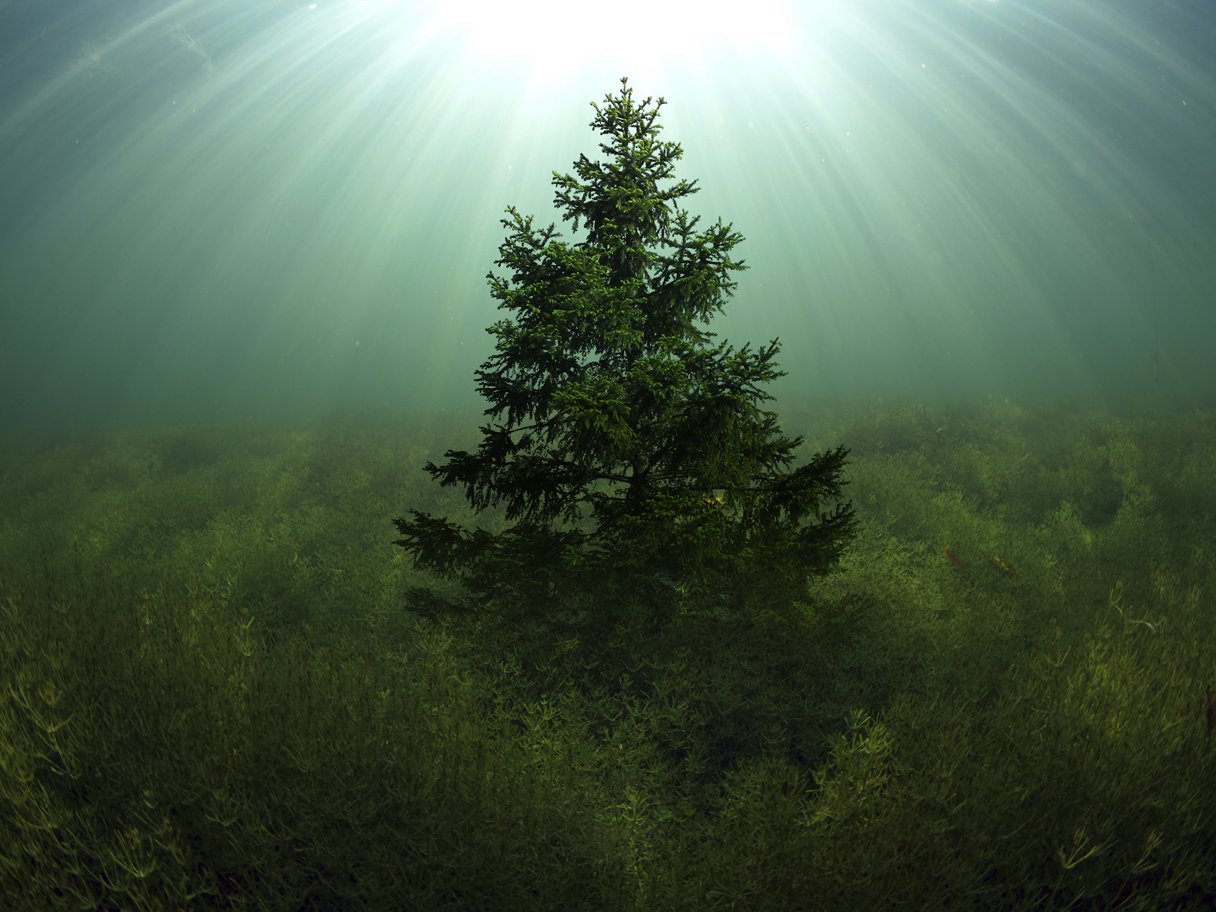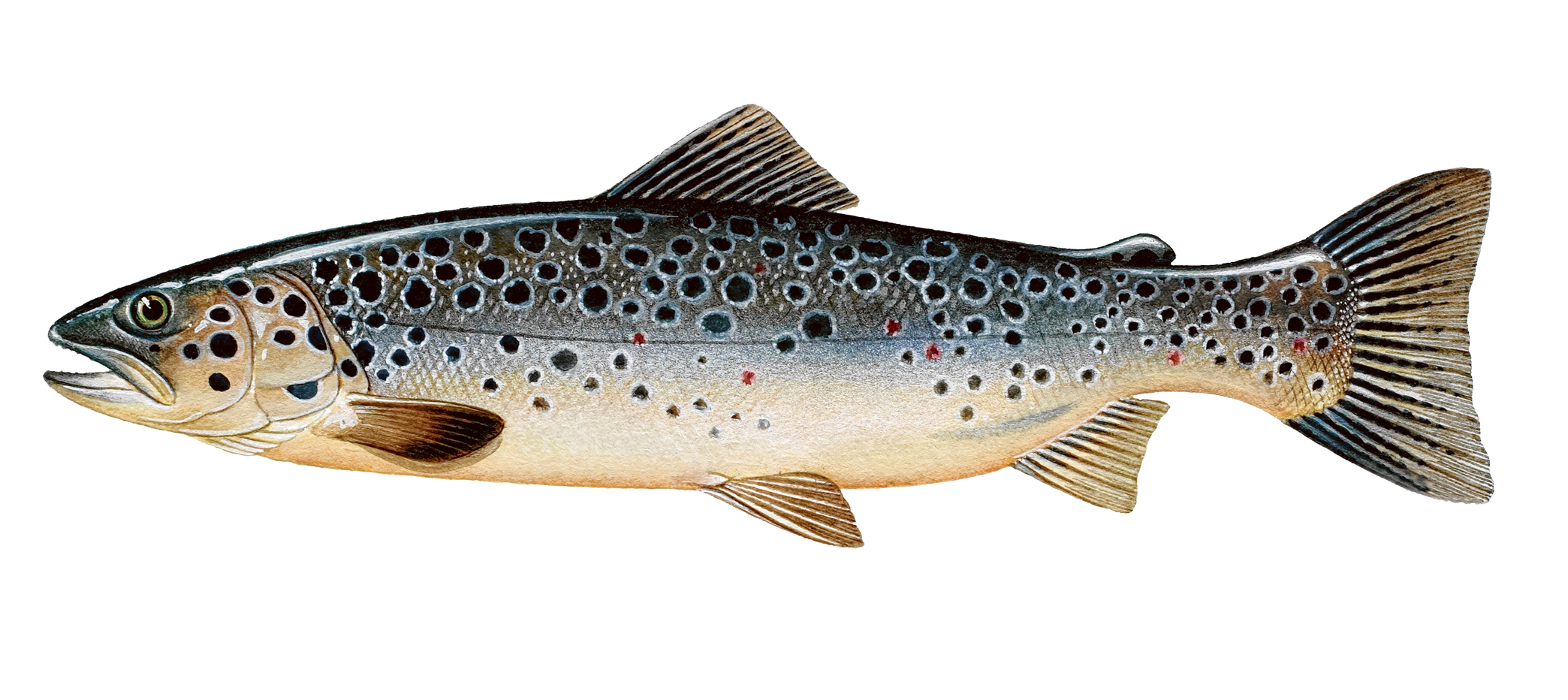As the New Year's parties die down and the holidays come to an end, many people begin the yearly task of taking down the Christmas tree and putting away the decorations for another year.
Thus comes the yearly question of how to properly dispose of natural Christmas trees. Mulching offers an environmentally safe way to dispose of the tree, and there are several options for that method of disposal.
But for fishermen, the old Christmas tree can get a second life in area lakes and reservoirs as submerged fish cover. "We gather recycled trees each year for our reservoirs in the state," says Mike Fiss, assistant chief of fisheries for the Tennessee Wildlife Resources Agency.
"Sometimes we even get unused Christmas trees from tree farms for use as fish cover, so it's a good way to recycle trees that never get purchased.
Submerged trees provide cover and protection for smaller fish such as bluegill that attract larger fish such as bass and crappie.
"Many crappie guides will go out and place their own trees in the water at this time of year to develop a known fish habitat that they can go back to later in the spring," Fiss says. "On the bigger lakes, that's fine, although we do want to make sure that they do a good job and aren't creating a navigation hazard for boaters."
On smaller, private ponds, however, too much cover can be counterproductive, according to Fiss. Excessive cover will encourage an overpopulation of smaller fish at the expense of the bass population, so care must be taken to maintain balance in smaller ecosystems.
Spruce up the habitat
For advice on the proper places and methods of using your old Christmas tree as fish cover, call the Region 3 office of TWRA at 800-262-6704.
TWRA will begin stocking Lake Junior in Chattanooga near Chickamauga Dam Jan. 3 with trout for spring fishing. Fishing is allowed at Lake Junior on Fridays, Saturdays and Sundays during daylight hours from Jan. 1 through April 30.


